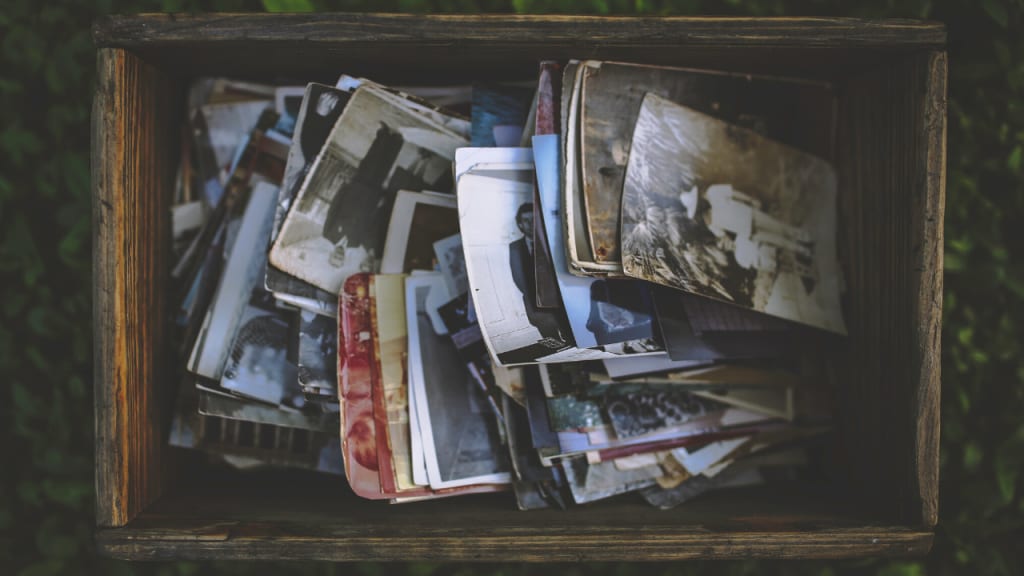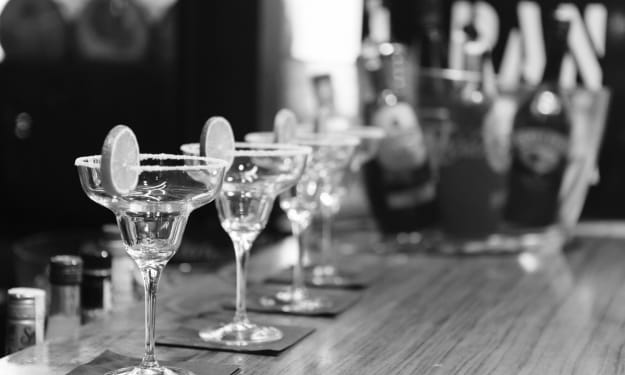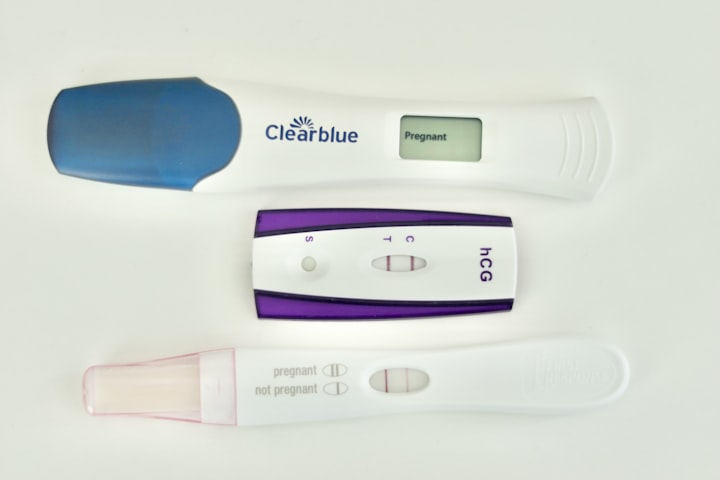The Moment I Realized My Parents Were Only Human
Just like the rest of us

I was seven years old when my parents started losing track of their time. Or I should say, losing track of their time with me. Work was the priority.
"I have a lot to get done," my mother had said. "Maybe later."
Right now it was work, later it would be housework, some time after it would be something else. I was seven years old when I realized I would have to learn how to entertain myself.
I was nine years old when my parents left me with my younger brother at home for the first time. It was summer time. There was no school and they had to go to work.
"There's some food in the refrigerator, and if there are any problems, just give us a call on the phone," my father had instructed. "You can watch TV or play video games to keep yourselves entertained. Just keep the blinds closed and don't go outside."
I had taken my newly bestowed responsibility in stride because if I could be trusted to care of my brother and myself during a long work day, surely I could be trusted to host a sleepover or go to the park with some friends. But I was only nine years old and they didn't know Katrina's parents or where Alyssa was having her birthday party, so it was probably best if I just stayed at home if they couldn't go too. I was nine years old when I realized my parents didn't understand and wouldn't concede to my childhood requests.
I was eleven years old when my mother told me I had better learn how to cook and clean so I could take care of my family when the time came for me to have my own.
"Because you're the woman," my mother had responded when I questioned why it had to be me that learned all the family recipes and not my brother.
I wanted to learn how to cook and clean, but only because I wanted to learn how to take care of myself. I didn't want to have to carry the household chores on my back alone. I shouldn't have to carry the household chores on my back alone. I was eleven years old when I realized my parents expected different things out of me because I was a woman.
I was thirteen years old when I lied to my parents for the first time. They were small lies at first, ones that I thought were harmless, ones that would give me just a little bit more room to breathe.
"Yes, I'm on my way home."
"No, I wasn't talking to a boy."
"The party is only going to last a couple of hours."
I just needed some space that was mine, and mine alone. I was thirteen years old when I realized what a desire for independence felt like.
I was fifteen years old when my parents told me I had to be a doctor or a lawyer or an engineer to be successful. Writing was my passion. I didn't want to be a doctor or a lawyer or an engineer.
"You need to make money to be successful. You need to be successful to be comfortable," my father had explained to me when I had asked what correlation my profession had with my overall happiness.
Writers were foreign. Doctors, lawyers, and engineers were stable. I was fifteen years old when I realized my parents had a distorted definition of success.
I was seventeen years old when I when my father told me my brother could date at this age, but that I should definitely wait until I was out of school.
"You should focus on your studies instead of getting sidetracked with distractions," my father had said.
There were boys that had caught my attention. There were dates I had gone on. There were still other things I had planned on doing that didn't have anything to do with either. When did my brother suddenly get more freedom and respect than I did? I was seventeen years old when I realized my parents had no regard for double standards.
I was twenty-one years old when I realized my parents didn't know what the hell they were talking about. Ever. They had their own opinions about work, education, family, relationships, religion, travel, and everything in-between. They didn't always have time to listen to the things I wanted to talk about. They didn't always understand my passions. They didn't always think of me as an ever-changing person. They frustrated me and made mistakes because they were only human.
The moment I realized my parents were only human was the moment I let go of all my unrealistic expectations for them to fit into these roles I'd constructed. Like many other people in my life, I'd given them a script, a description, that I'd expected them to live by. I expected the kind of relationship with them where we would always see eye-to-eye, where we would always be on the same page, where I could tell them anything. But that's not the kind of relationship I got. And that's okay.
My parents raised me to be able to strong, careful, and indpendent. And while it may be in ways they didn't expect, that's exactly the type of person I turned out to be. At the end of the day, they did their best. And as a parent, that's the best thing you can do.
About the Creator
Samantha Sabio
A young writer who spends most of her time writing in coffee shops or planning her next adventure. For more of my work, check out my self-titled blog at https://samanthasabio.com.
Facebook—@ssamanthasabio
Instagram—@samantha_sabio






Comments
There are no comments for this story
Be the first to respond and start the conversation.